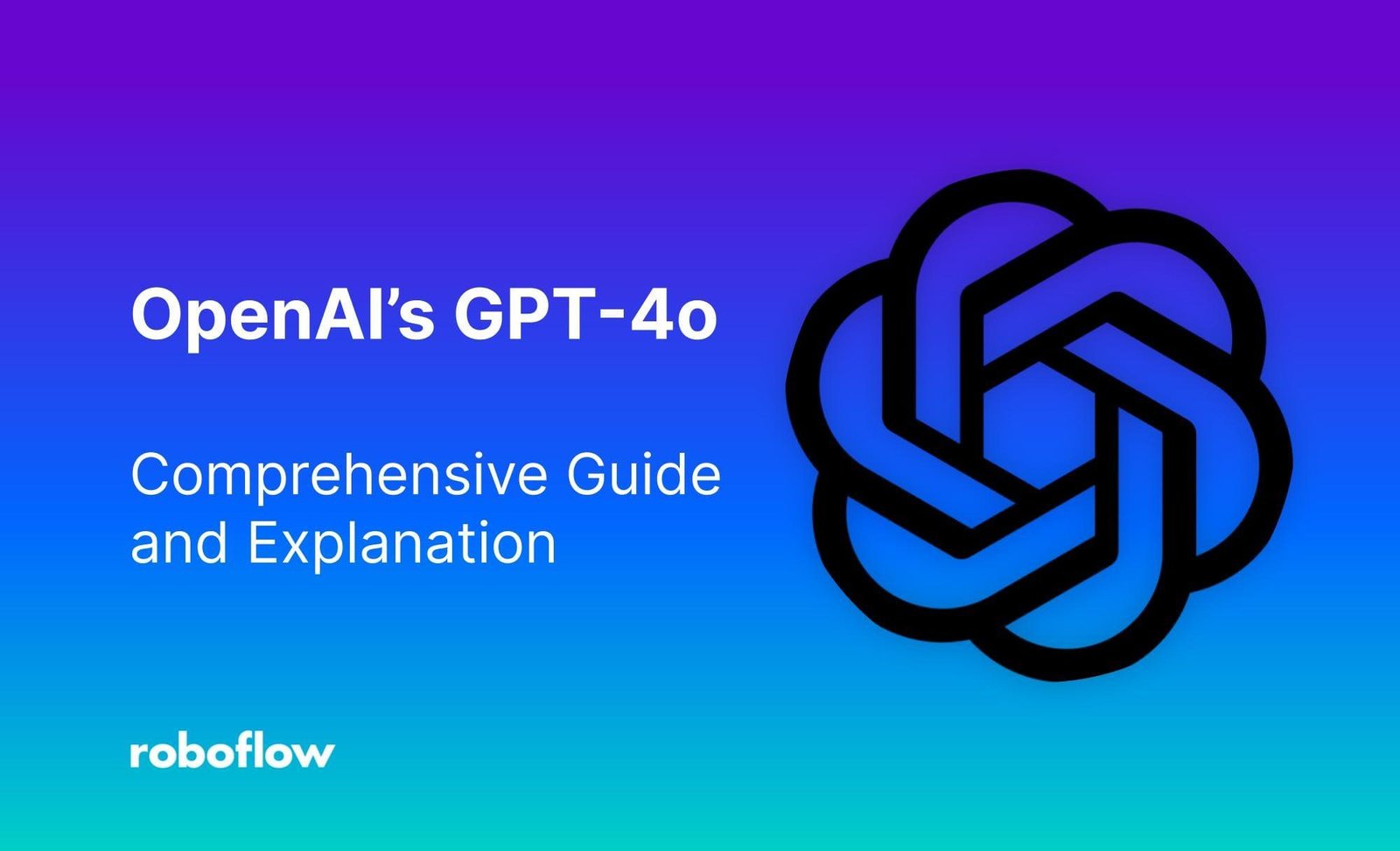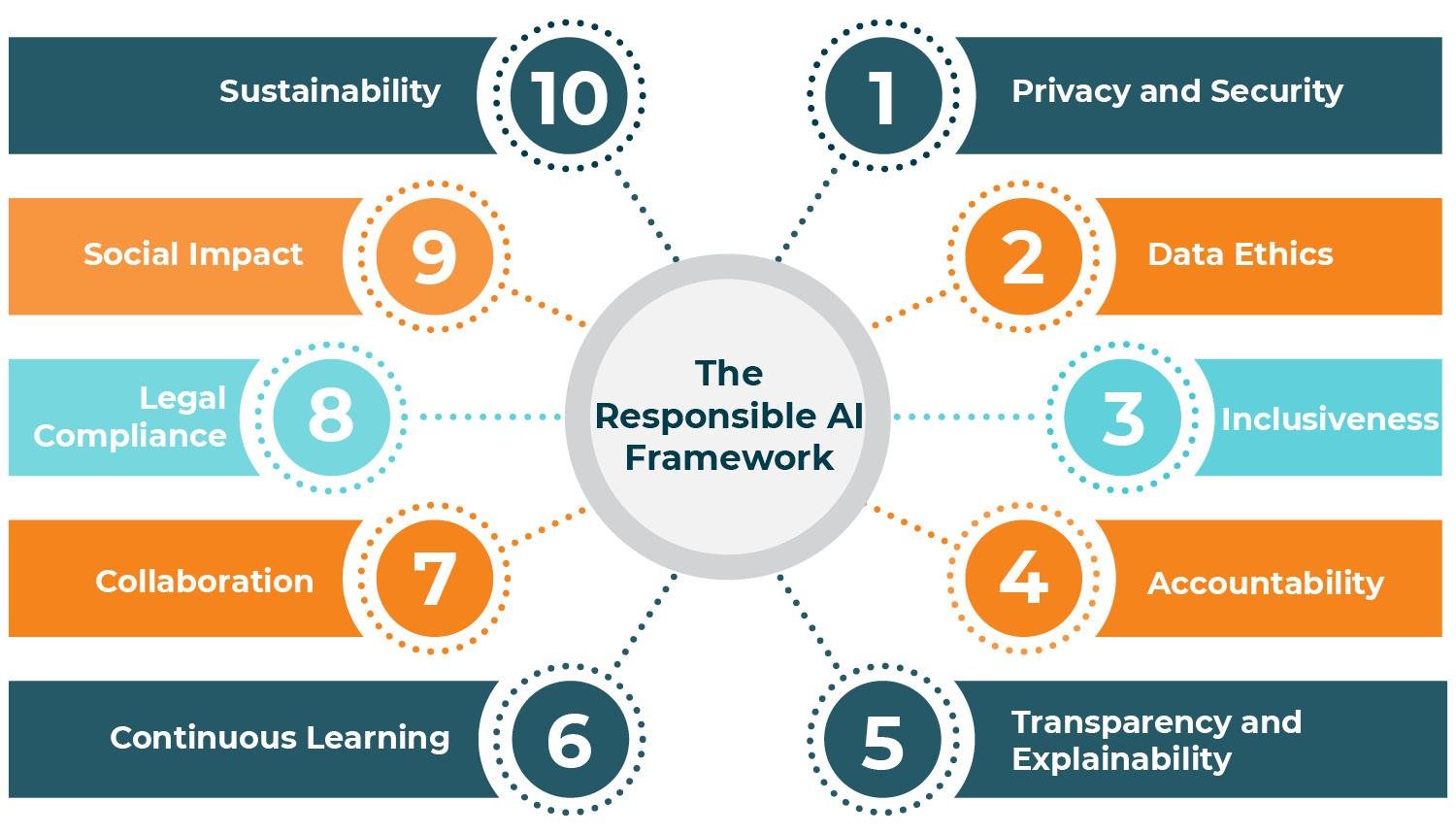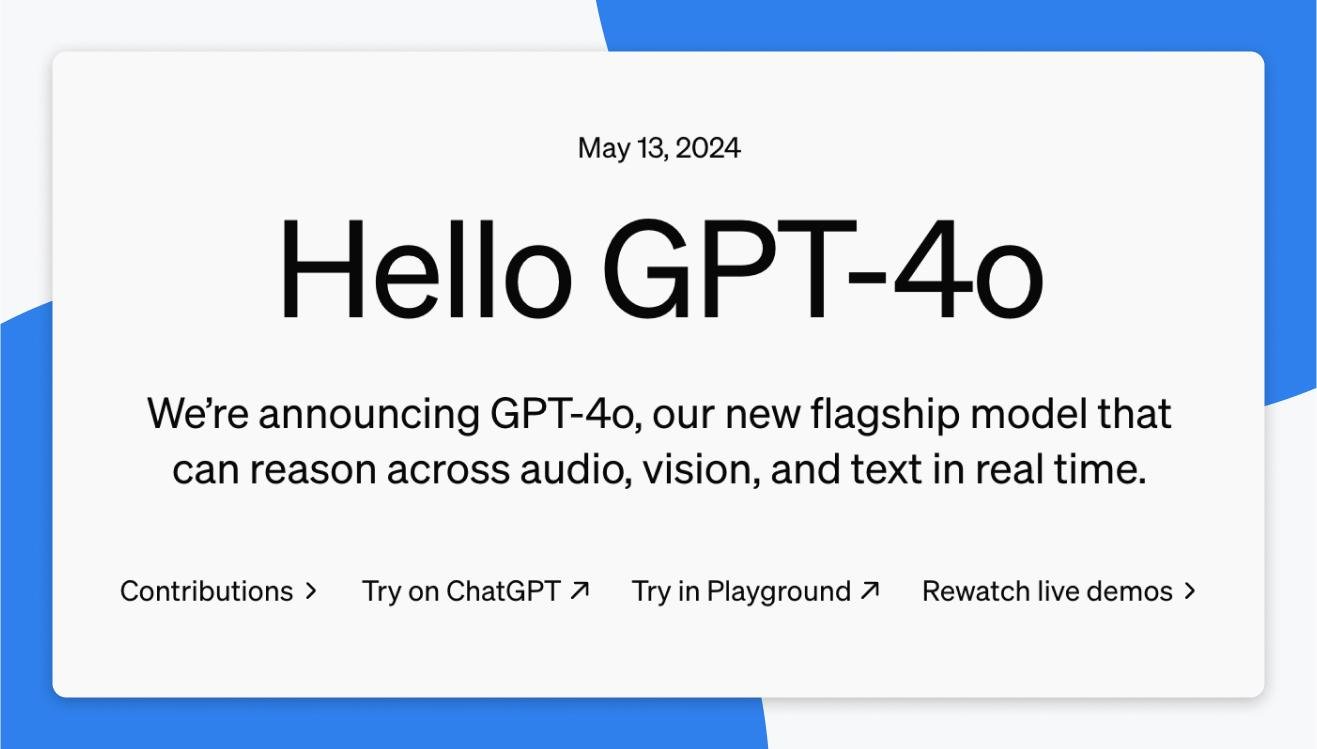In the ever-evolving landscape of artificial intelligence, breakthroughs often come cloaked in anticipation and curiosity. The arrival of GPT-4o marks one such pivotal moment, promising to redefine the parameters of conversational AI. As engineers and researchers push boundaries, this latest iteration steps onto the stage, inviting us to explore how far machine understanding and dialogue have come-and what horizons may now lie ahead. Does GPT-4o truly herald a new era in human-computer interaction, or is it another chapter in an ongoing story of innovation? This article delves into the implications, capabilities, and potential impact of this technological debut.

GPT-4o Unveiled Transforming the Landscape of AI Conversations
The debut of GPT-4o marks a significant milestone in the evolution of conversational AI, introducing capabilities that extend well beyond the confines of previous models. This new iteration harnesses advanced contextual understanding and nuanced language generation, enabling it to engage in dialogues that feel remarkably natural and intuitive. By integrating multi-modal data inputs and refining response adaptability, GPT-4o redefines what intelligent interactions can achieve. Key enhancements include:
- Enhanced contextual memory that enables longer, more coherent conversations.
- Improved handling of ambiguity and subtleties in human communication.
- Seamless integration with various platforms, allowing for versatile deployment.
- Cross-lingual proficiency for global accessibility and inclusivity.
To better illustrate the advancements, consider the following comparison of GPT-4o’s core attributes against its predecessor, GPT-3.5:
| Feature | GPT-3.5 | GPT-4o |
|---|---|---|
| Context Window | 4,096 tokens | 8,192 tokens |
| Response Accuracy | High | Very High |
| Multi-modal Inputs | Limited | Expanded (Text, Images, Audio) |
| Fine-tuning Flexibility | Moderate | Advanced |

Exploring the Advanced Capabilities and Real-World Applications of GPT-4o
GPT-4o is more than just an iterative upgrade; it embodies a leap in artificial intelligence that blends deep contextual understanding with unprecedented adaptability. Its advanced capabilities allow it to navigate nuanced conversations, generate highly creative outputs, and seamlessly integrate multimodal inputs-combining text, images, and even code. This flexibility unlocks a range of possibilities, from crafting immersive storytelling experiences and personalized tutoring programs to enhancing customer support with human-like empathy and precision.
Real-world applications highlight GPT-4o’s transformative impact across industries. In healthcare, it assists in synthesizing complex medical data to deliver accessible explanations for both practitioners and patients. Within the creative sector, artists and writers harness its generative power to push the boundaries of digital art and literature. Moreover, businesses deploy GPT-4o for automating research analysis, streamlining workflows, and enabling intelligent virtual assistants that evolve dynamically with user needs. Below is a brief overview of practical uses:
- Healthcare: Medical chatbot assistants, diagnostic support tools.
- Education: Customized learning paths, interactive tutoring.
- Creative Arts: Automated content generation, artistic collaboration.
- Enterprise: Data analysis automation, smart customer engagement.
| Application | Industry | Key Benefit |
|---|---|---|
| Virtual Medical Scribe | Healthcare | Reduces documentation time |
| Adaptive Learning Systems | Education | Personalizes student engagement |
| AI-driven Storytelling | Creative Arts | Enhances narrative creation |
| Customer Interaction Bots | Enterprise | Improves service efficiency |

Navigating Ethical Considerations and Ensuring Responsible AI Use
As GPT-4o emerges with heightened conversational capabilities, the imperative to grapple with the ethical dimensions of AI use intensifies. Developers and users alike must cultivate a vigilant awareness of potential biases embedded in training data that can skew responses or inadvertently propagate stereotypes. Additionally, transparency remains paramount, ensuring users understand when they interact with an AI and the limitations that accompany these interactions. Responsible deployment calls for rigorous mechanisms to mitigate misinformation and prevent malicious exploitation, striking a balance between innovation and safeguarding societal values.
Addressing these challenges requires a multifaceted strategy that encompasses policy, technology, and education. Below is a concise outline of critical components necessary for fostering ethical AI integration:
- Bias Auditing: Regular assessments to identify and rectify prejudiced outputs.
- Data Privacy: Enforcing strict standards for user data protection and consent.
- Explainability: Providing users with understandable insights into AI decision-making.
- Accountability: Clear channels for reporting and resolving AI misuse or errors.
- Inclusivity: Designing AI systems that reflect diverse voices and cultures.
| Ethical Aspect | Implementation Challenge | Potential Solution |
|---|---|---|
| Bias | Hidden stereotypes in training data | Continuous bias detection and dataset diversification |
| Transparency | Opaque AI decision processes | User-facing explanation tools and documentation |
| Privacy | Unauthorized data usage | Strict encryption and consent protocols |
| Accountability | Lack of responsibility for AI outputs | Clear policies and legal frameworks |

Strategies for Integrating GPT-4o into Business and Everyday Interactions
Businesses and individuals eager to harness GPT-4o’s potential should consider a multi-layered approach that balances innovation and practicality. At the organizational level, embedding GPT-4o into customer service workflows can streamline inquiry handling, freeing up human agents to address complex concerns. Equally impactful is its use in internal knowledge management – enabling employees to query vast corporate databases conversationally, accelerating decision-making processes. For everyday users, integrating GPT-4o as a personal assistant for scheduling, brainstorming, or even language translation turns mundane tasks into seamless interactions, making AI an invisible yet invaluable collaborator in daily routines.
To maximize effectiveness, consider the following tactical implementations:
- Tailor conversational AI personalities based on specific audience needs, enhancing user engagement through contextual relevance.
- Leverage multimodal capabilities by integrating image recognition and text generation within customer interfaces for richer interactions.
- Ensure privacy safeguards to build end-user trust, particularly when processing sensitive personal or business data.
| Use Case | GPT-4o Application |
|---|---|
| Customer Support | Automated responses with empathetic tone |
| Content Creation | Dynamic and context-aware writing assistance |
| Personal Productivity | Task reminding and contextual scheduling |
Concluding Remarks
As GPT-4o steps onto the stage of conversational AI, it carries with it the promise of richer dialogues, deeper understanding, and more intuitive interactions. Whether this marks a revolutionary leap or a natural evolution, one thing is clear: the landscape of human-machine conversation is changing. As we navigate this new era, the real story will unfold not just in lines of code or algorithmic advances, but in how these technologies reshape the ways we connect, create, and communicate. The future of conversation is here – and it’s waiting to be explored.